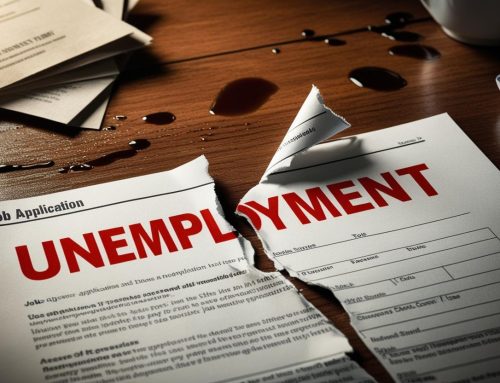September 21, 2022
According to a CIP research, more than a third (34%) of Portuguese businesses anticipate a decline in sales in the most recent quarter, and 79% think that lowering taxes on electricity, gas, and liquid fuels is the best way to address the situation.
These are some of the findings of the 21st survey carried out as part of the “Vital Signs Project,” developed by CIP – Confederaço Empresarial de Portugal (Portugal’s Business Confederation), in collaboration with Lisbon ISCTE University’s Management & Marketing FutureCast Lab. The survey included 245 companies, 45% of which are in the industry and energy sector, 27% are in other services, and 10% are in commerce.
This survey was conducted between September 5 and September 15, which means that it came to an end on the day when the government’s business support measures were announced.
Compared to the same period in 2019 (before the pandemic), the fourth quarter of this year’s sales and service provision prediction from the companies questioned “is negative,” with 28% anticipating an increase and 34% anticipating a drop.
The study found that negative expectations in small businesses—which have decreased by 32%—and particularly micro businesses—which have decreased by 42%—had a significant impact on this attitude.
Small and medium-sized enterprises make up 77% of the sample, while large businesses make up 6%.
Companies that anticipate rising sales (28%) anticipate an average 26% gain in turnover, while those anticipating falling sales (34%) predict a decline of “on average” 24%. The remaining businesses (38%) anticipate keeping their turnover steady.
Regarding the evolution of human resources, “there is a majority expectation of preserving the number of positions in all organizations—large, medium, small, and micro—and a bigger number of enterprises that expect to increase, compared to those that expect to shrink.”
The anticipation of a rise in employment “is higher than the national average, which is in line with predictions of revenue growth” in large and medium-sized businesses.
This means that 69% of businesses anticipate maintaining their current workforce in the near future (fourth quarter), compared to 13% of businesses that anticipate cutting back on staff and 14% of businesses who anticipate hiring more people.
According to the study, “at this time, we have in average terms that 28% of companies think of investing more than in 2019” and “at this time, we have in terms of investment, expectations for 2022 have improved slightly compared to the expectations that had been recorded at the beginning of the year.”
Source: ECONews
Legal Notice: The information in this article is intended for information purposes only. It is not intended for professional information purposes specific to a person or an institution. Every institution has different requirements because of its own circumstances even though they bear a resemblance to each other. Consequently, it is your interest to consult on an expert before taking a decision based on information stated in this article and putting into practice. Neither Karen Audit nor related person or institutions are not responsible for any damages or losses that might occur in consequence of the use of the information in this article by private or formal, real or legal person and institutions.






